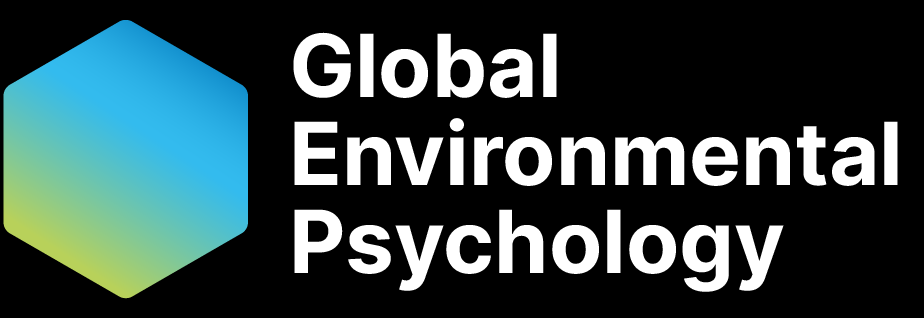World Beliefs Predict Self-Reported Sustainable Behaviors Beyond Big Five Personality Traits and Political Ideology
Authors
Abstract
Generalized beliefs about the world—termed ‘primal world beliefs’ or ‘primals’—have been hypothesized to affect behavior, since they contain information which influences the perceived costs, benefits, and justifications for different behaviors. For example, people who see the world as highly improvable may view prosocial behaviors as having more benefits and therefore be more inclined to work harder on making things better. Three preregistered studies (N = 1,534 US participants) investigated the relationship between primals and several measures of people’s propensity toward sustainable behavior. Beliefs that the world is less hierarchical, but more improvable, cooperative, harmless, meaningful, and abundant were weakly to moderately associated with self-reported ethically-minded consumer behavior, pro-environmental behavior, and behavioral intentions. These relationships were largely robust to controlling for Big Five traits and political ideology, although some of the relationships were subsumed by the more general belief that the world is good. Changes in two world beliefs (cooperative, harmless) over a three-week period weakly predicted pro-environmental behavior intentions when controlling for people’s previously reported pro-environmental behavior. These correlational findings suggest some possible avenues for future research: if these beliefs are found to be causally prior to environmental attitudes, they may offer a promising target for interventions aimed at increasing sustainable behavior.


